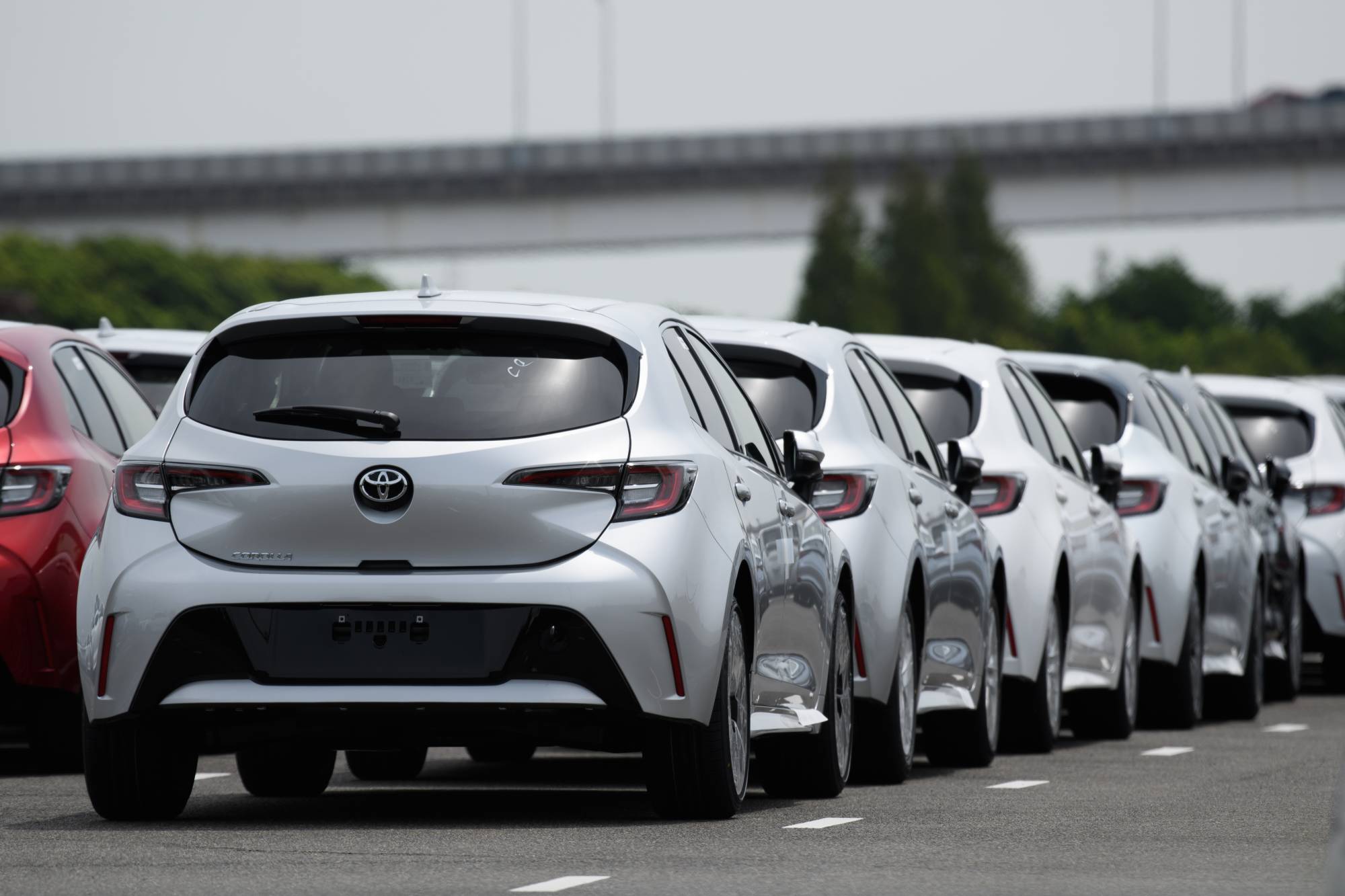Early last month at a sprawling factory on the highway connecting Hanoi to the port city of Haiphong, a single worker tested positive for COVID-19. The delta variant was spreading swiftly through the Southeast Asian nation at the time, and on Aug. 4 provincial officials suspended work at the auto-parts manufacturer.
An ocean away, Toyota Motor Corp. Chief Purchasing Group Officer Kazunari Kumakura was watching intently. The plant is operated by a key Toyota supplier and is one of Vietnam’s biggest assemblers of wire harnesses — a basic but essential yoke for cables that holds the inner workings of an automobile together. As the infection at the facility disrupted operations, Toyota’s inventories grew thin. From July, the Japanese automaker had been examining its suppliers in the region, which has become a COVID-19 hotspot, on a daily basis to assess how dire things were getting.
Eventually, unable to secure a number of parts, including the wire harnesses from Vietnam and chips from Malaysia, Toyota succumbed. The world’s No. 1 automaker shocked the market by announcing it would slash its output of cars in September by 40% compared with previous production plans.


















With your current subscription plan you can comment on stories. However, before writing your first comment, please create a display name in the Profile section of your subscriber account page.